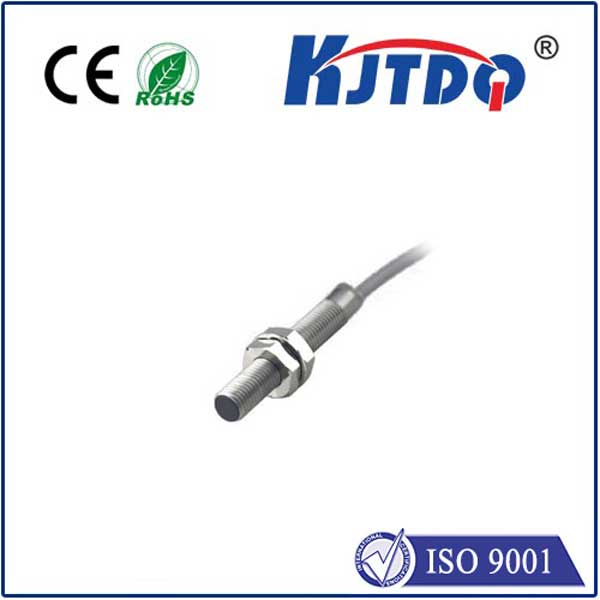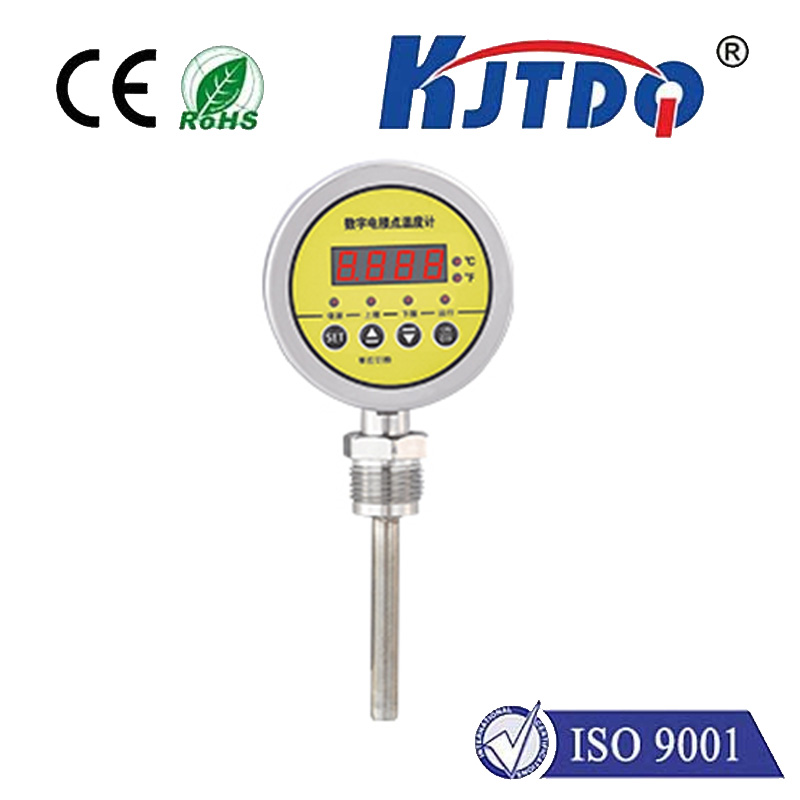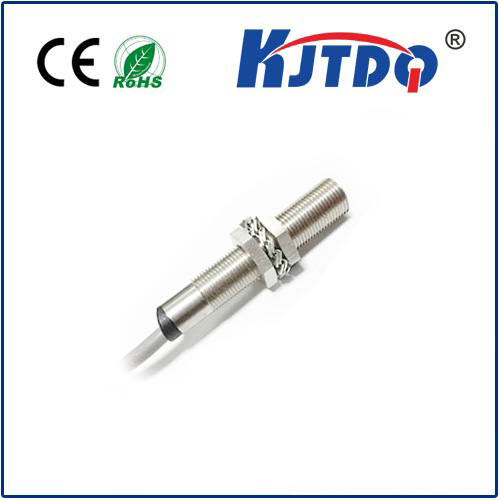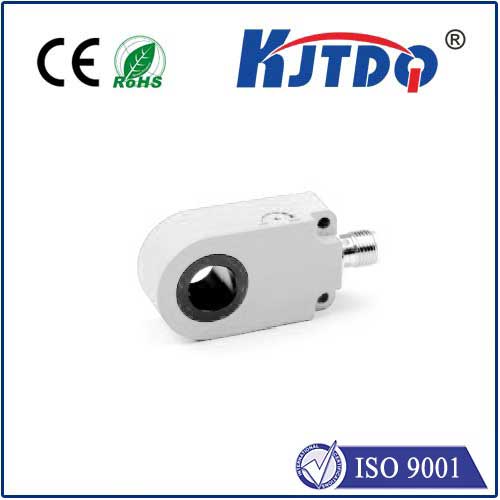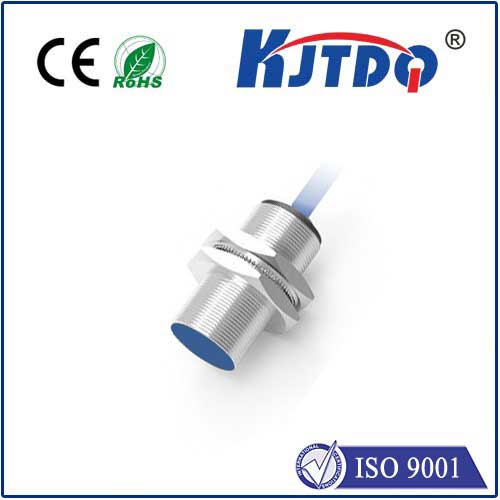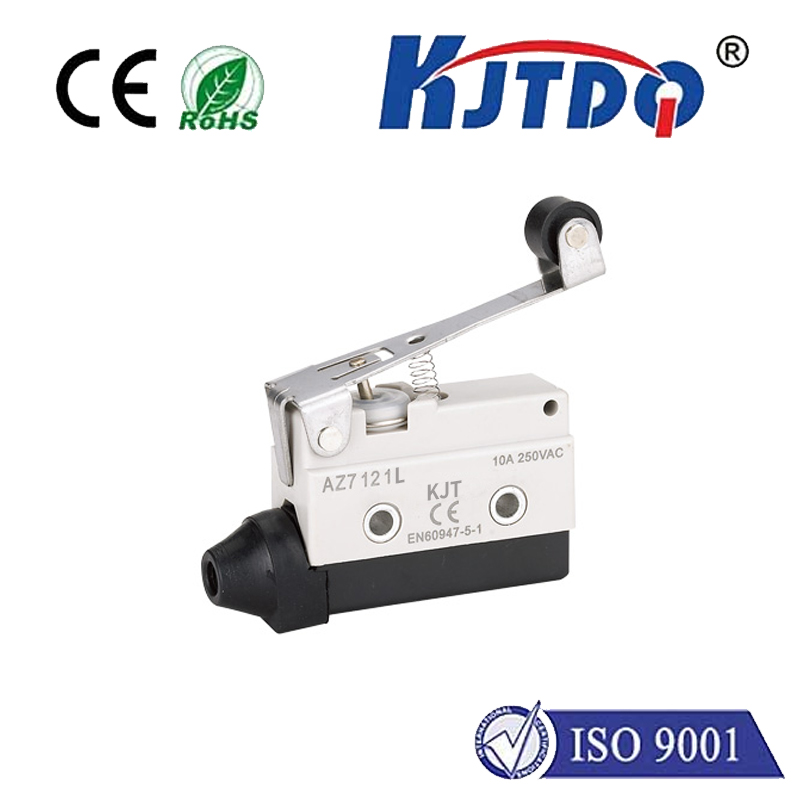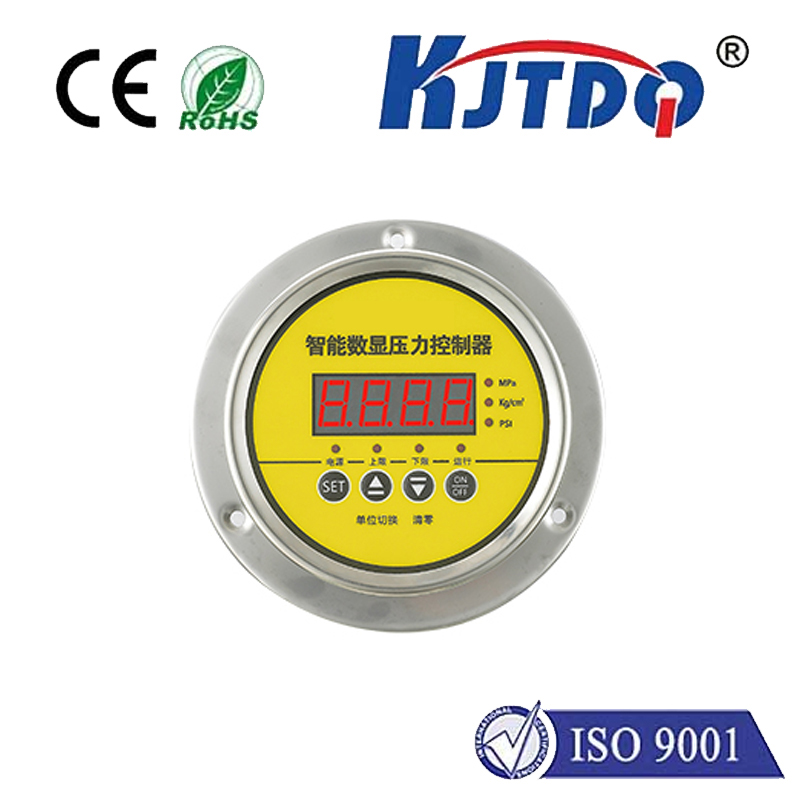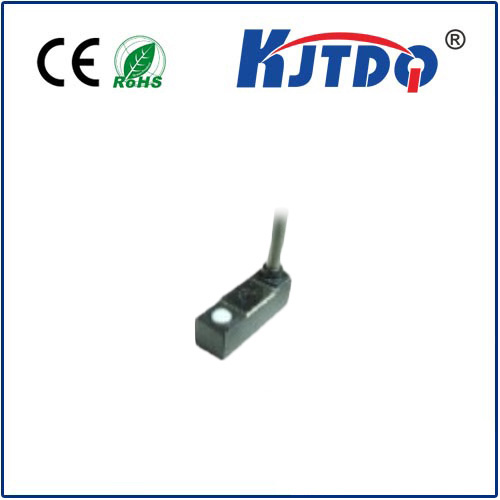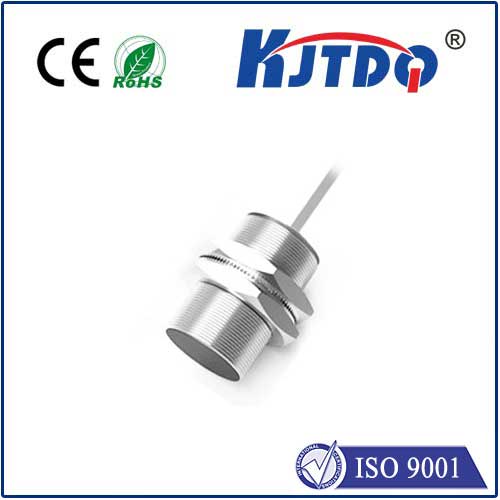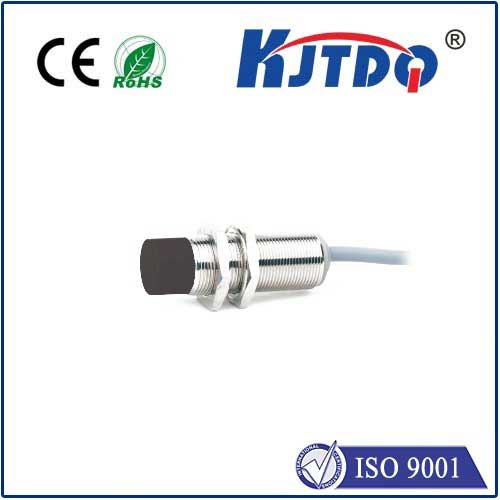
check

check

check

check
Title: Enhancing Accuracy and Reliability in Laser Measurement with Advanced Sensors
Introduction:
The rapid development of technology has revolutionized the way we measure various parameters. One of the most advanced and precise methods is the use of laser measurement sensors. These cutting-edge devices have gained immense popularity due to their ability to provide accurate and reliable data in real-time. In this article, we will explore the concept of laser measurement sensors, their applications, and how they are transforming industries worldwide.
Understanding Laser Measurement Sensors:
Laser measuring sensors work by emitting a laser beam, which bounces off the object being measured and returns to the sensor. The reflected light is then analyzed using complex algorithms to determine the object's dimensions, position, or other properties. This process eliminates any potential errors that may arise from traditional methods such as optical microscopy or contact measurements. By providing highly accurate and consistent data, these sensors are becoming essential tools for numerous applications.
Applications:

One of the primary advantages of laser measurement sensors is their versatility. They can be used in a wide range of industries, including manufacturing, automotive, aerospace, medical, and more. Some of the common applications include:
* Measuring dimensions and position: Laser sensors are often used in assembly lines to ensure that components fit properly and maintain precision standards.
* Testing and inspection: These sensors can detect defects or inconsistencies in products during manufacturing processes, improving quality control and reducing waste.
* Navigation and tracking: In aerospace applications, laser sensors are used to measure distances and track aircraft or satellites in real-time.
* Medical imaging: Laser sensors have been developed for use in medical imaging, allowing for more accurate and detailed examinations of body parts.
Advantages of Laser Measurement Sensors:
Compared to traditional measuring techniques, laser measurement sensors offer numerous advantages. These include:
* Increased accuracy: Laser sensors eliminate the need for human intervention, ensuring that measurements are consistent and precise.
* Improved speed: The process of detecting and analyzing light is much faster than traditional methods, making it suitable for high-speed applications.
* Greater flexibility: Laser sensors can be easily adapted to different environments and materials, making them suitable for a wide range of applications.
* Enhanced safety: By eliminating the need for physical contact or hazardous chemicals, laser sensors reduce the risk of injury or contamination.
Conclusion:
As technology continues to advance, laser measurement sensors are becoming increasingly important in various sectors. Their ability to provide accurate and reliable data while minimizing risks has made them indispensable tools in manufacturing, testing, navigation, and medical applications. With further improvements in technology, we can expect even greater capabilities from these innovative devices, revolutionizing the way we measure and analyze our surroundings.
